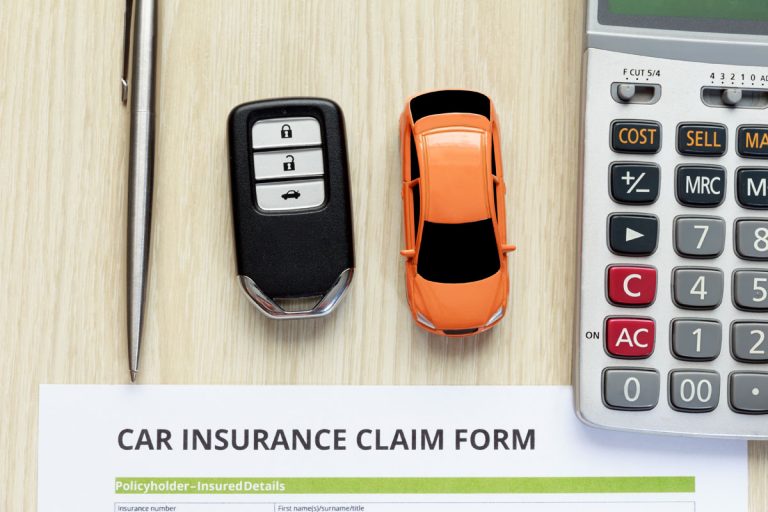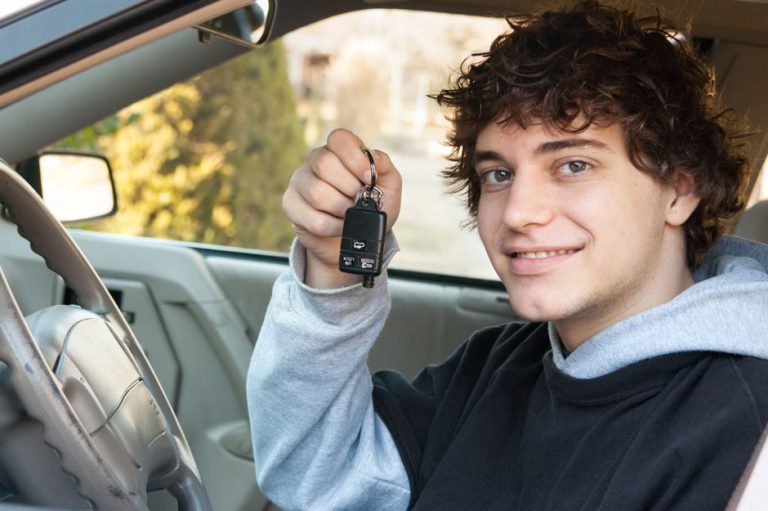It doesn’t matter what make, and it doesn’t matter what model… it doesn’t matter of you bought your used car in Windsor, Chatham-Kent, or halfway across the country. Even your new vehicle isn’t immune. Your vehicle’s smooth operation depends on hundreds of components working together as you drive down the road and the reality is that any number small things might go wrong along the way. Most often the first sign that something has gone wrong is a light on your dashboard.
One such signal is the “check engine” light. Many drivers have no idea what to do when this lights up, and it can cause some anxiety. A check engine light turning on does not always require immediate action, but it does mean you should make an appointment to have the vehicle checked out for potential problems.
Check engine lights are part of a car’s onboard diagnostics. The light turning on may indicate something minor, such as a loose fuel cap, or something more serious like a misfiring engine. When the light turns on, drivers wondering why may want to see if the answer is related to one of the following issues.
Loose gas cap: Your check engine light can come on of your fuel cap isn’t seated correctly. Escaping gas vapors and infiltrating air can make the check engine light come on. Like turning your computer off and on again, take the gas cap off complete and then put it back on, ensuring it is threaded properly, then see if the light goes away. If the cap is cracked at all it should be replaced.
Dirty sensors: Faulty or clogged sensors may not provide the right information to your vehicle’s onboard diagnostics system, and compromised data can cause a decrease in fuel efficiency. Few do-it-yourselfers are able to replace an oxygen sensor on their own, so consider having the issue checked by a professional.
Too much speed or load: Towing a trailer can put strain on your vehicle and cause the check engine light to come on because of loss of power. Lightening the load and reducing speed might fix the problem. You should always consult your owner’s manual for the towing capacity of your vehicle.
Short or faulty code: Computers aren’t fool-proof, and sometimes an electrical short or another similar problem can cause a light to come on. Your dealership will have diagnostic tools that can be hooked into the car’s computer and provide a detailed understanding of what is triggering the check engine indicator.
In a lot of cases, a steady check engine light is not a serious concern. But when that light does come on, drivers should find out why as soon as possible.







